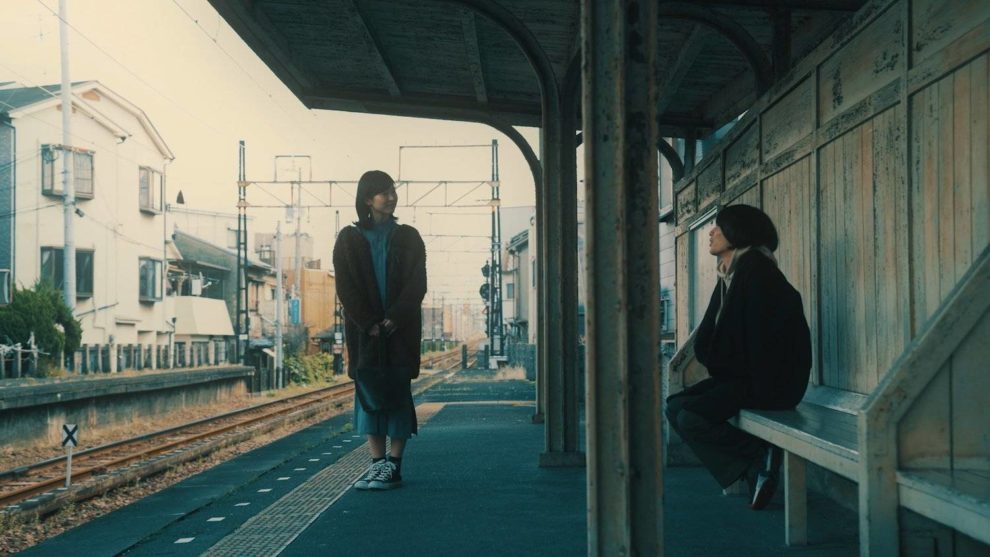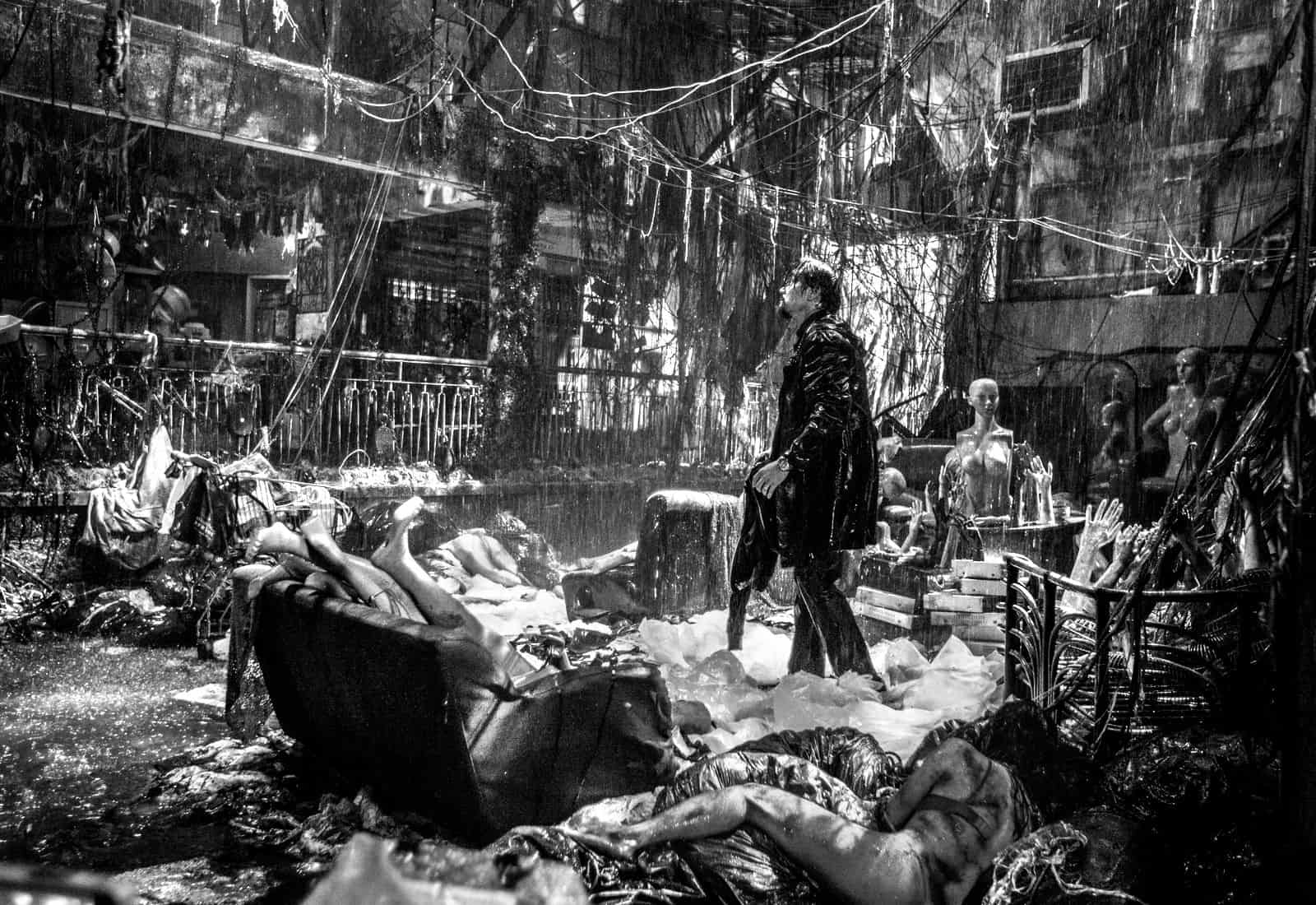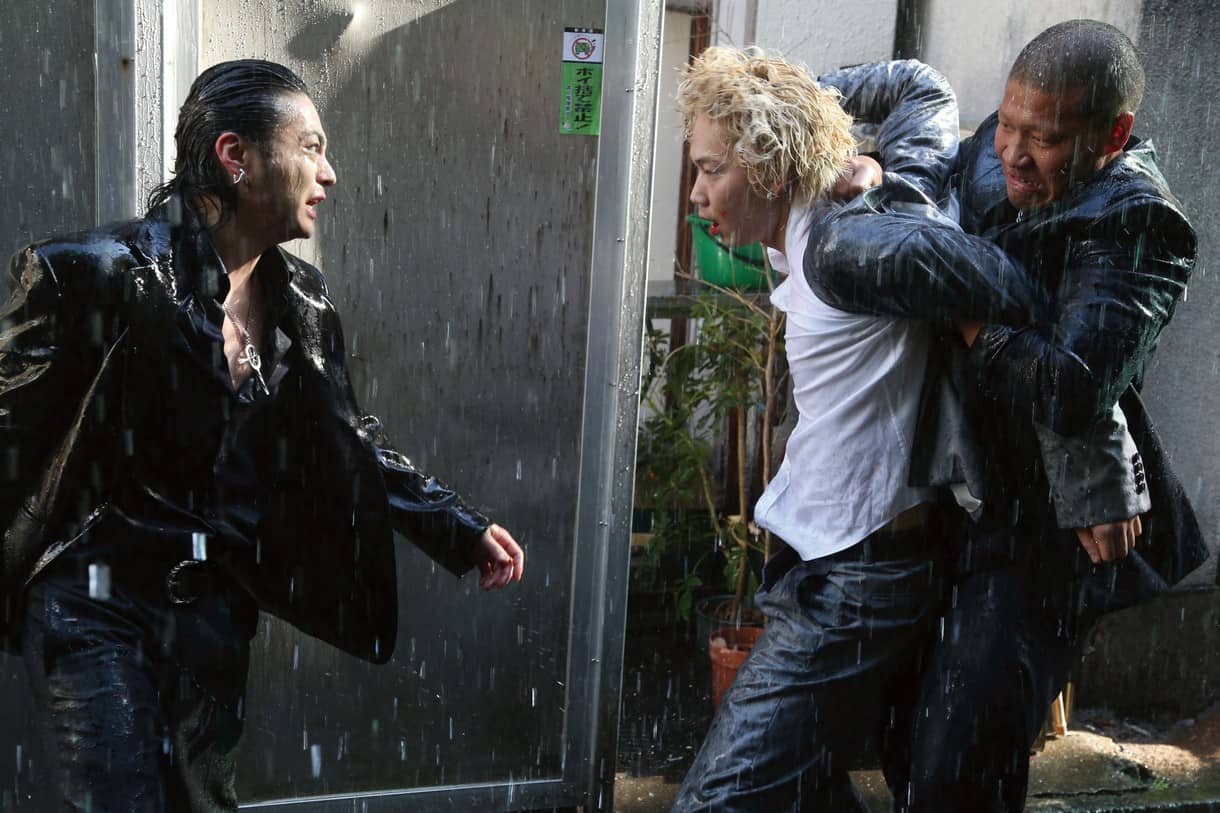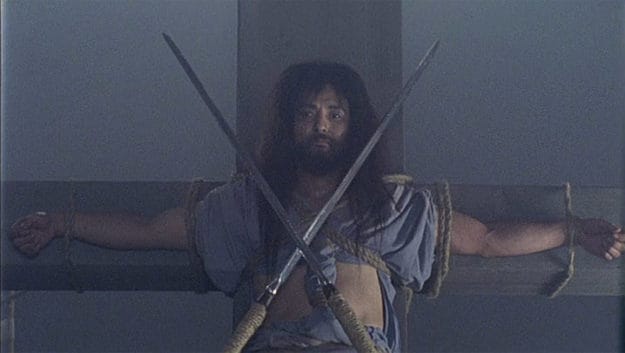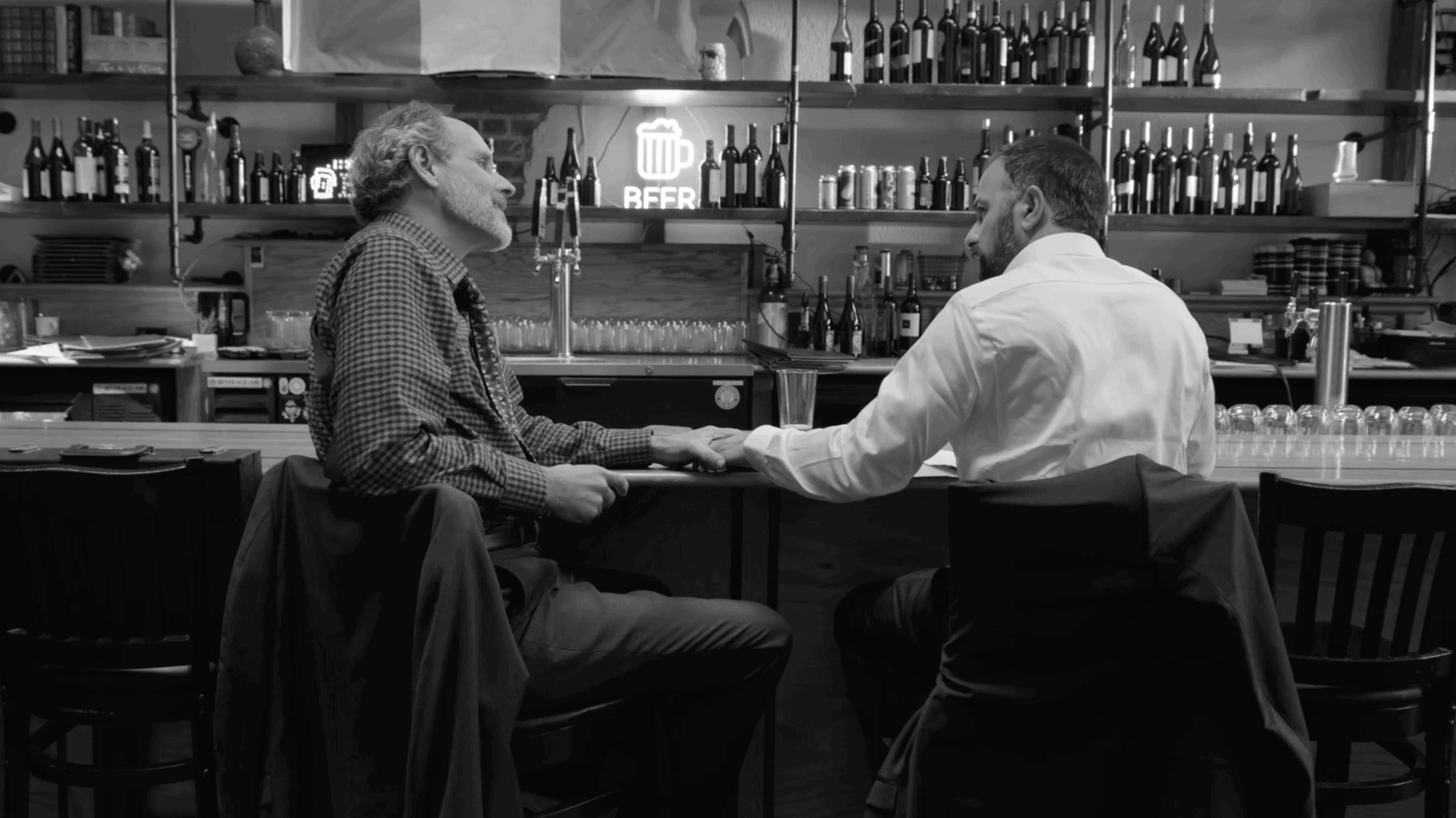For his feature-length directorial debut, Japanese filmmaker Koji Uehara treads on familiar territory as he tackles a subject close to his heart, that of musicians, their world, the mania and the madness that comes with it. A vocalist of a rock band himself, Uehara creates a film that strips the journey of rockstars of any glitter or glory, however. “Before The Rainbow Falls,” instead disabuses audiences of the notion that being an up-and-coming rockstar is a sex and booze-galumph; on the contrary, it's just a sobering struggle where trust gets broken and dreams, for the longest time, don't take you anywhere.
Before the Rainbow Falls is screening at Japan Filmfest Hamburg

The movie introduces us to Kohei Kazama, a down-and-out musician who's racing against time to make things happen for his band. Comprised of men almost in their 30s, their band has been eclipsed by younger, newer acts which were able to clinch their place in the limelight even if Kohei's band is as talented, maybe even more.
While Kohei may have fire in his belly, he is self-effacing to a fault and drowns himself in self-deprecation. He apologizes for mistakes that aren't his and even asks forgiveness for trying. His partner, Tamae, is the one who painstakingly reminds him that he has a gift and supports him in every way she can.
Kohei also chooses to either see the goodness in people unconditionally or just be blind to their maleficence. It is this unhealthy trust in people or just sheer naivete which blindsides him as one of his bandmates, Yoichi, takes off with the money that was supposed to be paid to a music label, one which finally takes notice of them after years of playing thankless gigs. The catch here is that the money was not even Kohei's – it was the hard-earned money of both Tamae and the life savings of his father.
Yoichi's reason for taking the money takes the viewers to the underbelly of Yakuza culture, their codes of honor and respect and the violent payback for violating them. Uehara does not entangle these worlds in a convoluted manner, though. The transition of the storyline comes across as very organic as he does this through exploring Kohei's friendships in his younger years. Those ties run deep, though Uehara, who also wrote the script, stops short of explaining why. This exposition could have benefited the movie; but on one hand, the music producer-cum-director could have also just wanted the audience to run free with their own imagination and create their own backstory. In this case, however, it will be better if the foundation of such fealty was spelled out clearly.
This is where the misgiving of the film lies: in reining in and opting for shortcuts. For one, as it approaches its conclusion, it settles for a quick, almost implausible happy turn of events. It doesn't give ample time nor sufficient buildup that could explain how Kohei suddenly found the resources which enables his band to record an album. If this transpired because of negotiations and returning of favors within the Yakuza world, it wasn't again, made clear.
The film soars though with a good ensemble cast. Ryunosuke Moriyama as the docile Kohei and Hitomi Uneda as the supportive but discerning Tamae create relatable dynamics as a couple which goes through and tries to survive both the quiet and difficult moments of life together. Itagaki Yudai as Yoichi is simply effective in being deplorable and amoral.
Uehara's shots are clean and basic, an approach that befits the way the story is told as they give a peek of the routine that Kohei lived until things unraveled. But if there's anything that's refreshing and remarkable in the production, it's the scoring also by Uehara and Hidetoshi Nishihara which consists not of rock music, but mostly of soulful piano accompaniment.
“Before the Rainbow Falls” distinguishes itself from other films about the journey of rock bands by focusing on what makes it tenebrific rather than going the glitzy, colorful route. Its emotional pull, however, due to a half-baked, rushed storyline, falters and fades just like an unfinished song.


